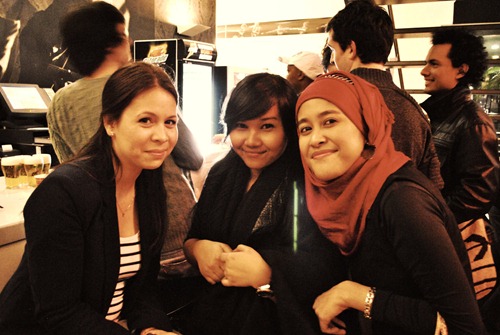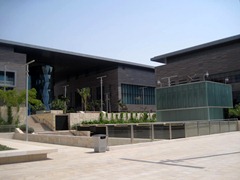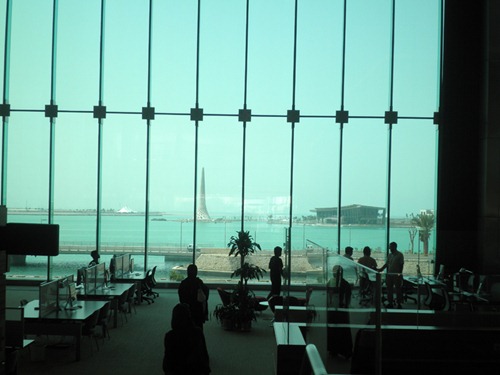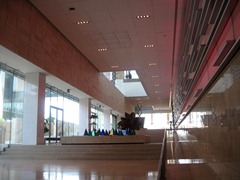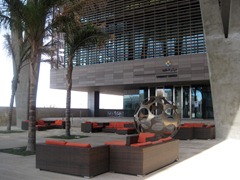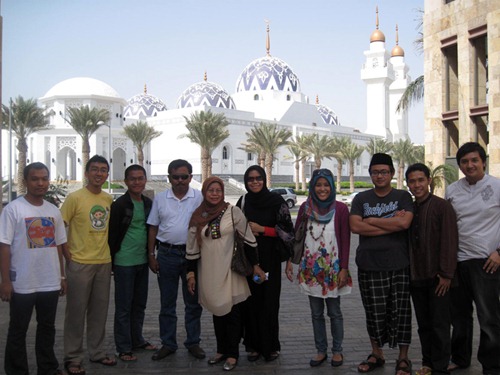In this semester, I got the opportunity to do group assignment with my Dutch classmate. This is the second time that I work with a Dutch. Most of the time, I always paired up with my “usual” friends who are international students, mainly from Romania, China, Korea, and Columbia. It’s convenient to work with somebody you know, because you know what to expect. You know how they work. You know how to handle problems with them if it ever occurs. It’s more to do with convenience and familiarity.
For this course that I take, the lecturer assigned us into groups of two people, mixing the Dutch with the non-Dutch speaking students. There’s one thing that concerns me the most about doing assignments with somebody you don’t know: what if my group partner doesn’t produce a satisfactory work that leads to the failure of the assignment (or leads to unfair amounts of work to be done between us). I’m quite flexible to work with anyone. I don’t mind working with somebody who has less knowledge about the course than me. But I’d expect that he/she to work harder in completing the work. And I normally become more open (especially to criticize and to be criticized) when it comes to group assignments. Even if my groupmate is my close friend, I’ll never hesitate to tell him/her if he/she does something wrong (for example, not coming to the meeting; or not replying emails; etc). I even almost kicked someone out of my group (even though she’s my close friend) because of her behavior that was quite unacceptable to the rest of the group members.
But anyway, I am lucky again that I team up with someone that matches my expectation. He even leads and manages the whole assignment and decides on how to proceed. I’m not trying to be arrogant or something; but I’m usually the one who leads (“voluntarily”) because no one is eager enough to step up; especially when it comes to taking the first step (which is actually just as simple as sending emails to make appointments for the first meeting!) and getting the project started. But this time my teammate leads everything and I’m the one who give ideas, etc. I enjoy it 🙂 I’m kinda tired to be the project leader all the time.
One thing about working with Dutch people (whether at the university or at work) is that they’ll NEVER want to work during weekends or public holidays. Weekdays are the only time when they do assignments/work and many of them don’t even bring those assignments to be completed at home! I admire them for that because eventually they can still get the work done on time although they have to “waste” two days that can be spent on working on assignments. They work very effectively and they fully respect the need of having the time off. Life is not only about work, they say 🙂
